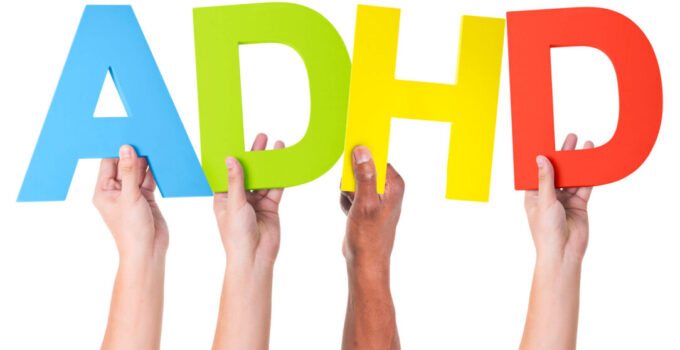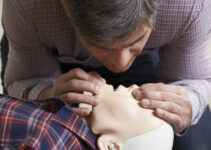ADHD or attention deficit hyperactivity disorder is a fairly common neurodevelopmental mental disorder. It is one of the most studied, yet one of the least understood of all the neurodevelopmental disorders. In short, ADHD is characterized by an extreme inability to concentrate on anything, leading to severe disruptions in various sectors of one’s life, including, but not necessarily limited to, school, work and personal life. ADHD affects social life and important skills that we need to function properly in daily life, such as communication, impulse control, and attention to detail. Despite much research, sadly, the causes of this affliction are not yet fully known or understood.
Who can get ADHD?
Attention Deficit Hyperactivity Disorder can affect a wide range of people. It affects people irrespective of race, religion, social or economic backgrounds, and ethnicity. The symptoms usually manifest themselves between about 6 to twelve years of age; activity levels before that are usually similar among all children. people can go through their whole lives battling the ADHD symptoms without getting a diagnosis at all, and sometimes, this disorder manifests itself at a much later is, and the diagnosis happens as an adult.
What are the symptoms?
Close monitoring is essential for recognizing that a person is suffering from ADHD. This is because the symptoms are often quite indistinguishable from still normal levels of activity. For instance, a child who is unable to sit in one place when specifically asked to do so might simply be labeled as an unruly or willful child. It is only when the symptoms start to really hamper normal life that the suspicions of ADHD are triggered. Parents, partners, and loved ones are required to look out for the following symptoms in themselves and others:
- Difficulty keeping a schedule
- Difficulty meeting deadlines and finishing a task
- Frequently wandering attention
- Excessively procrastinating
- Impulsive behavior
- Frequently interrupting conversations
- Inability to stay still
- Difficulty following orders and set rules
Of course, diagnosis based on these criteria is not always certain; after all, someone who is put to a task they find really boring will find their attention wandering and will probably procrastinate. Besides, people with diagnosed ADHD have been found to spend a lot of time and attention on tasks that they take a genuine interest in. It is important to note whether these tendencies actively hinder a person’s personal and professional life.
How is ADHD treated?
ADHD is a lifelong condition. Despite much research, not much headway has been made in terms of medications. However, counseling, therapy, medications, or a combination of any of the aforementioned can keep the condition under check and help the individual live a healthy, normal life. Blood or imaging tests are not used to diagnose ADHD; instead, a group of testing tools is employed. Post diagnosis, cognitive behavioral therapy, behavioral therapy, and medications are used, though the latter is not always required. Apart from this, school interventions are necessary, and family counseling is equally important to help the parents/ guardians and siblings to cope with and handle a child with ADHD.
It is important to note that ADHD is not a learning disorder, although they may occur simultaneously. The problem of fitting in, especially in case of teens, may also cause the onset of anxiety disorders and depression. The family/caregiver needs to be aware of these problems, and recognize the fact that ADHD is completely independent of intelligence; a great many highly successful people in the world have battled with ADHD. With proper diagnosis and treatment, an individual can live a healthy and fulfilling life like any other.




